Foundation Year
My personal world
The Foundation curriculum focuses on developing students' understanding of their personal worlds, including their personal and family histories and the places they and their families live in and belong to. The emphasis is on the student's own history and their own place. They explore why places are special to them and others. As students explore the people and features of their social and physical worlds, they examine representations of place and sources, which may include stories from family members and from different cultures. They may also study places of similar size that are familiar to them or that they are curious about, coming to see how people feel about and look after places. Learning about their own heritage and their own place contributes to students' sense of identity and belonging, beginning the idea of active citizenship.
The content provides opportunities for students to begin to develop humanities and social sciences understanding through key concepts including significance, continuity and change, place and space and perspectives. These concepts may provide a focus for inquiries and be investigated across sub-strands or within a particular sub-strand context.
The content at this year level is organised into two strands: knowledge and understanding, and inquiry and skills. The knowledge and understanding strand draws from two sub-strands: history and geography. These strands (knowledge and understanding, and inquiry and skills) are interrelated and have been developed to be taught in an integrated way, which may include integrating with content from the sub-strands and from other learning areas, and in ways that are appropriate to specific local contexts. The order and detail in which they are taught are programming decisions.
Inquiry Questions
A framework for developing students' knowledge, understanding and skills is provided by inquiry questions. The following inquiry questions allow for connections to be made across the sub-strands and may be used or adapted to suit local contexts: inquiry questions are also provided for each sub-strand that may enable connections within the humanities and social sciences learning area or across other learning areas.
- Who am I, where do I live and who came before me?
- Why are some places and events special and how do we know?
(source: www.australiancurriculum.edu.au)
Achievement Standard
By the end of Foundation Year, students identify important events in their own lives and recognise why some places are special to people. They describe the features of familiar places and recognise that places can be represented on maps and models. They identify how they, their families and friends know about their past and commemorate events that are important to them.
Students respond to questions about their own past and places they belong to. They sequence familiar events in order. They observe the familiar features of places and represent these features and their location on pictorial maps and models. They reflect on their learning to suggest ways they can care for a familiar place. Students relate stories about their past and share and compare observations about familiar places.
(source: www.australiancurriculum.edu.au)
Achievement Standard
By the end of the Foundation year, students identify important events in their own lives. They identify how they, their families and friends know about their past and commemorate events that are important to them.
Students sequence familiar events in order. They respond to questions about their own past. Students relate a story about their past using a range of texts.
(source: www.australiancurriculum.edu.au)
Achievement Standard
By the end of Foundation Year, students describe the features of familiar places and recognise why some places are special to people. They recognise that places can be represented on maps and a globe and why places are important to people.
Students observe the familiar features of places and represent these features and their location on pictorial maps and models. They share and compare observations in a range of texts and use everyday language to describe direction and location. Students reflect on their learning to suggest ways they can care for a familiar place.
(source: www.australiancurriculum.edu.au)
- Plus Plan
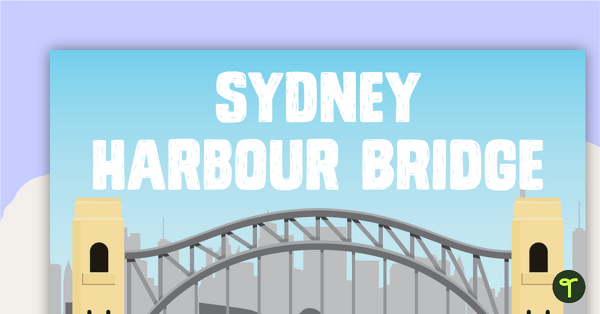
Five Australian Landmarks Posters
A set of 5 posters highlighting some of Australia's most famous Landmarks.
- Plus Plan
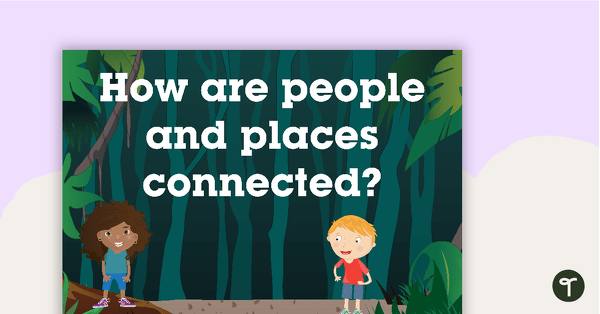
How Are People and Places Connected? - Geography Word Wall Vocabulary
51 people and places vocabulary word wall cards.
- Plus Plan
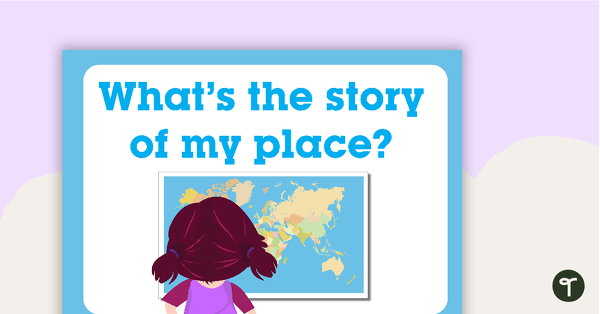
What's the Story of My Place? - Geography Word Wall Vocabulary
36 What's the Story of My Place vocabulary cards.
- Plus Plan
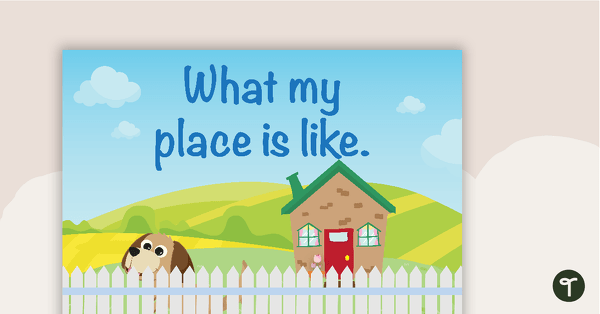
My Place - Geography Word Wall Vocabulary
14 places people live in vocabulary word wall cards.
- Plus Plan
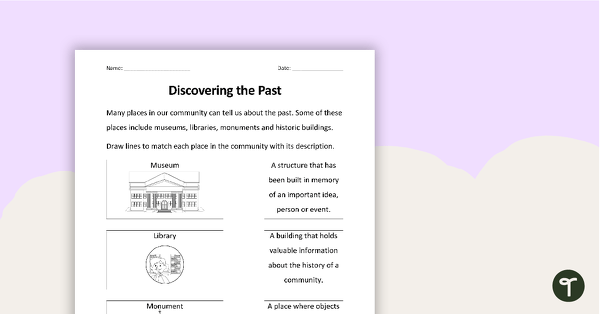
Discovering the Past Worksheet
A worksheet to use when discussing how to discover information about the past.
- Plus Plan
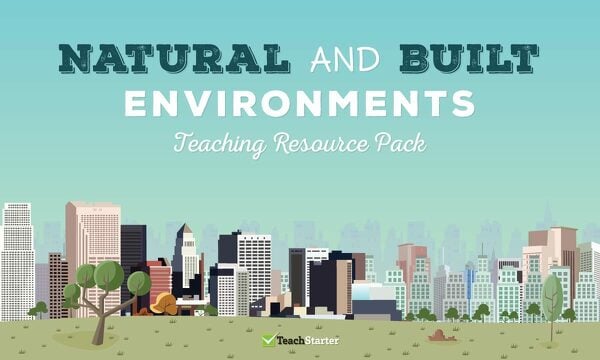
Natural and Built Environments Teaching Resource Pack
A pack of posters and worksheets to be used when teaching a unit of work on natural and built environments.
- Plus Plan
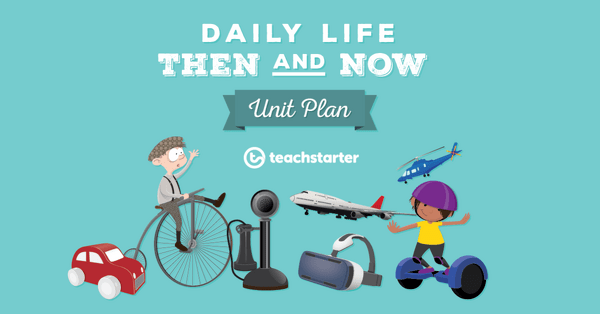
Daily Life - Then and Now Unit Plan
This History unit covers a range of concepts relating to how daily life of the present is different from the past and how it could change in the future.
- Plus Plan
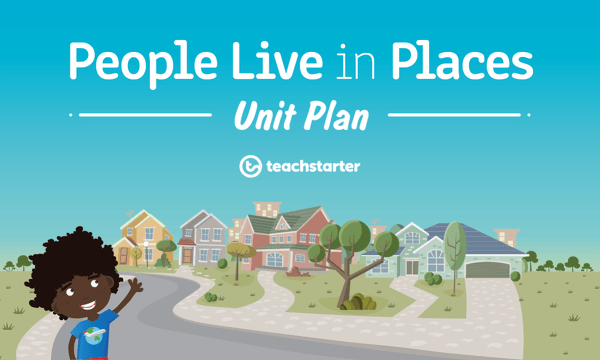
My House
A 60 minute lesson in which students will investigate the importance of the places students live and explore the people who make up families.
- Plus Plan
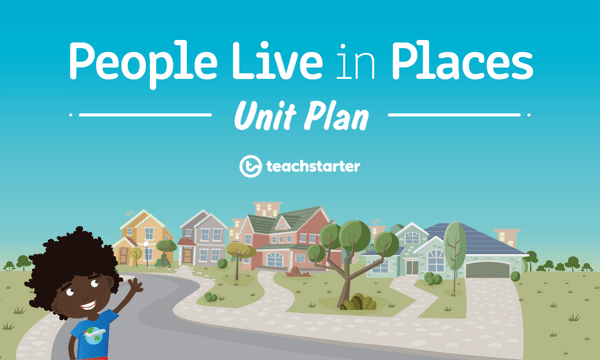
People Live in Places Unit Plan
This Geography unit covers a range of concepts relating to the places students live in and belong to.
- Plus Plan
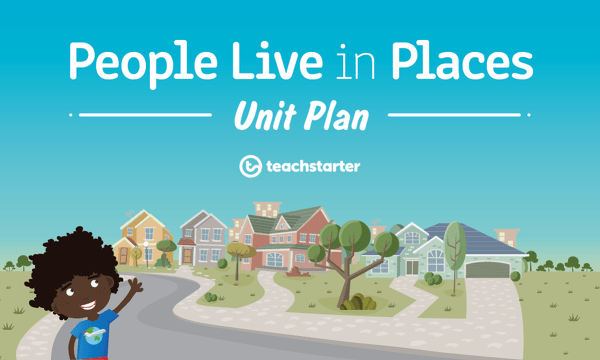
Assessment - People Live in Places
An assessment task in which students will identify the importance of all to care for our natural environment.
- Plus Plan
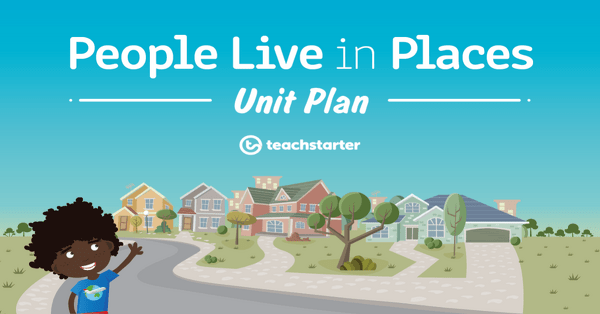
Looking After Places
A 60 minute lesson in which students will appreciate the responsibility of all people to care for our natural environment.
- Plus Plan
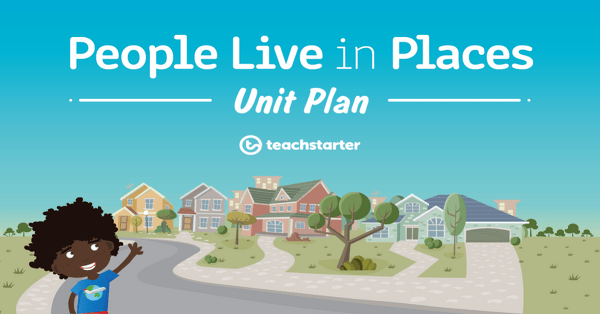
Who Lived Here Before?
A 60 minute lesson in which students will identify that their place is also the place of Aboriginal and Torres Strait Islander Peoples.
- Plus Plan
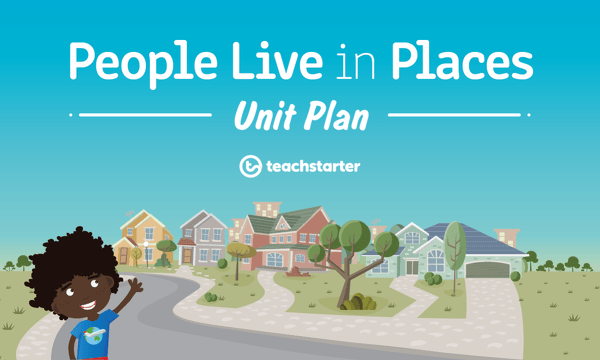
People in Our Community - Groups
A 60 minute lesson in which students will examine the different groups people belong to, why these groups are important and how these groups celebrate.
- Plus Plan
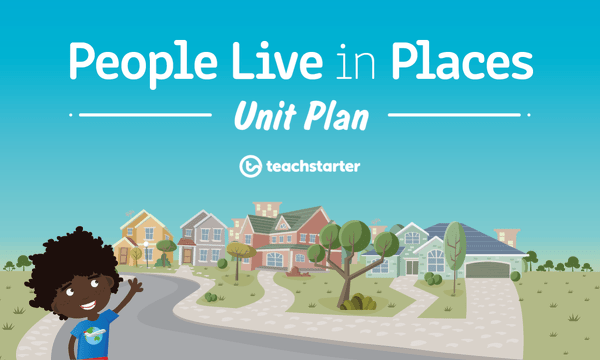
Our Community
A 60 minute lesson in which students will understand how the location of places can be represented on simple maps.
- Plus Plan
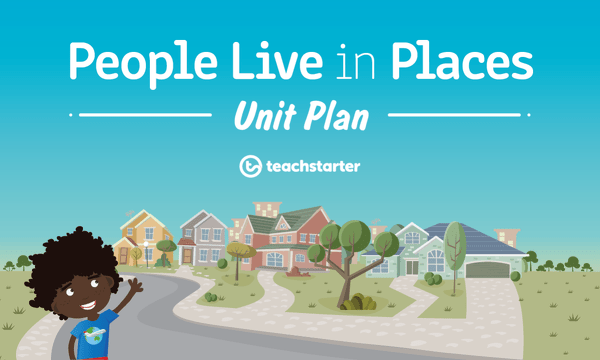
Caring for Our School
A 60 minute lesson in which students will explore their responsibility in caring for their school environment.
- Plus Plan
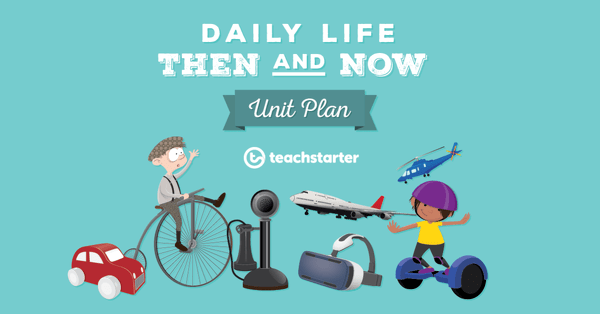
A Comparison of Daily Life - Assessment Task
An inquiry-based assessment task in which students will demonstrate how their world is different from the past and how it might change in the future.
- Plus Plan
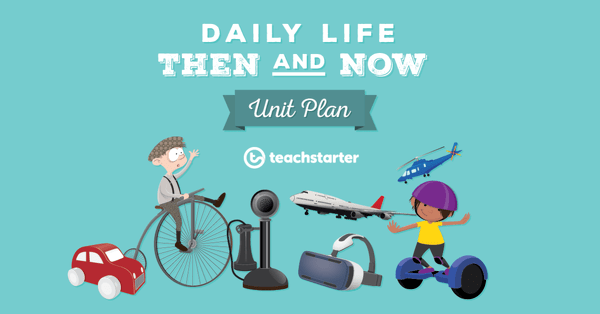
A Life with Transport
A 60 minute lesson in which students will identify different types of modern transport and how they are used.
- Plus Plan
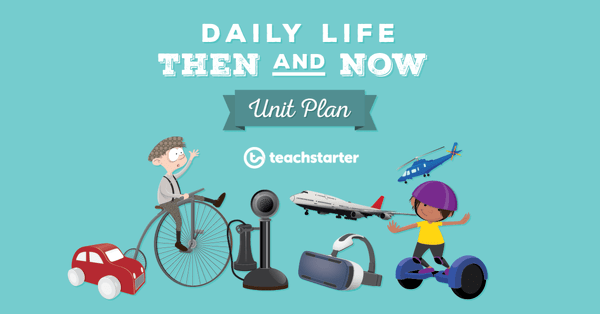
Toys From Today
A 60 minute lesson in which students will describe the features of a present day toy.
- Plus Plan
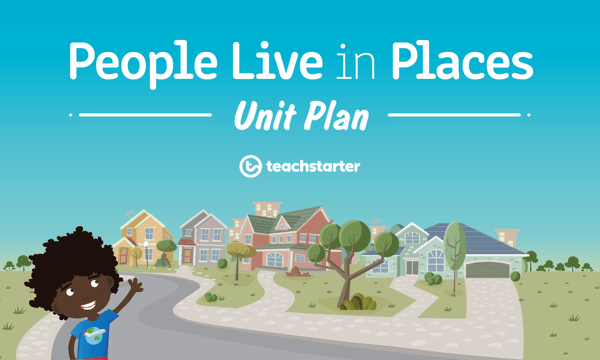
Places We Learn - Schools
A 60 minute lesson in which students will identify their school as a special place.